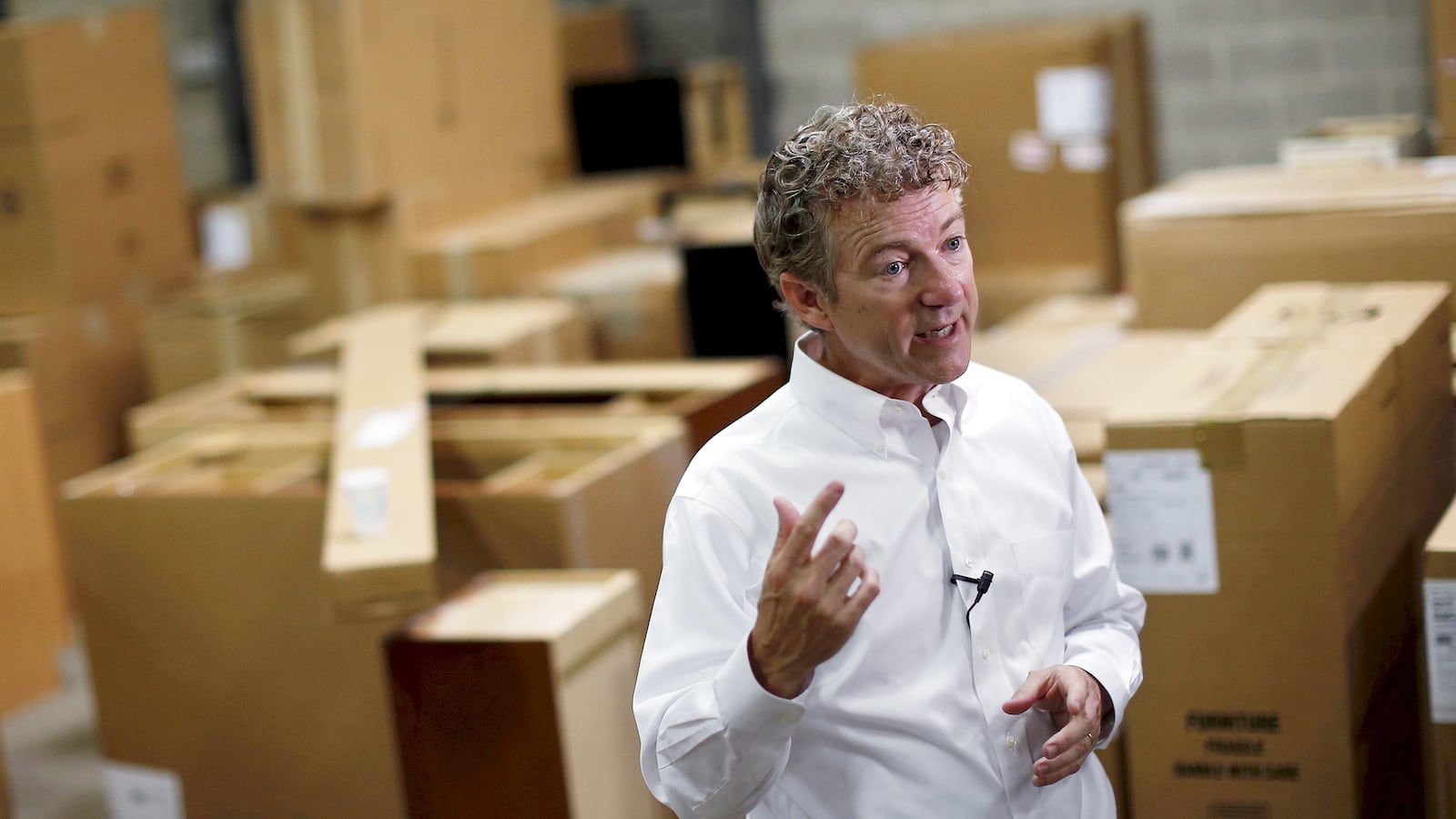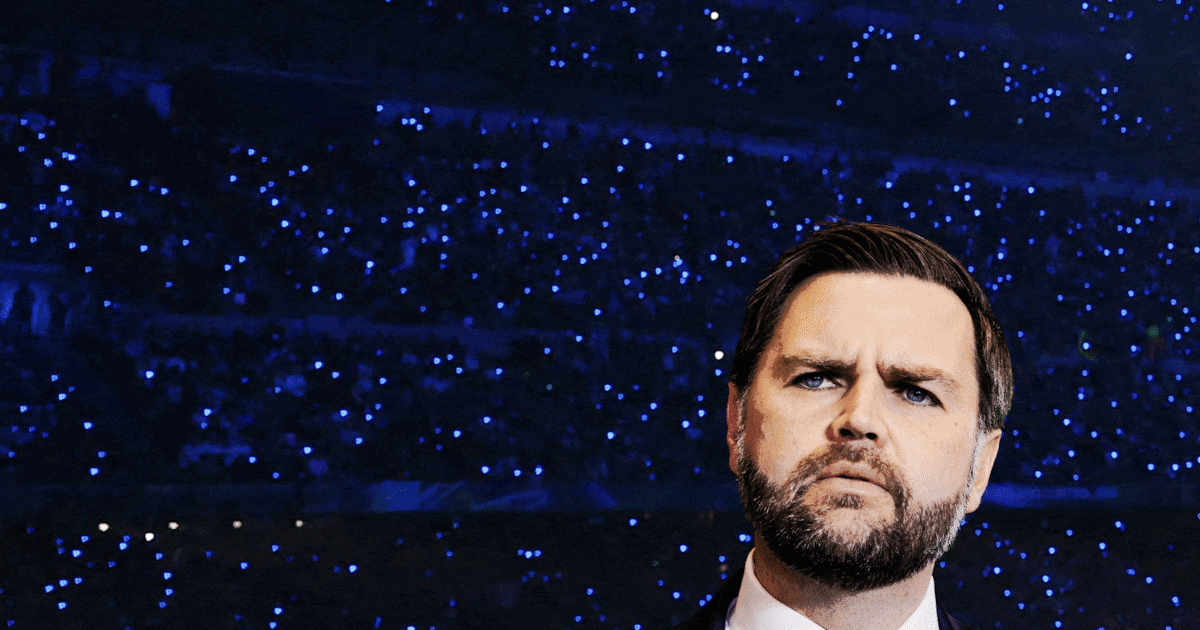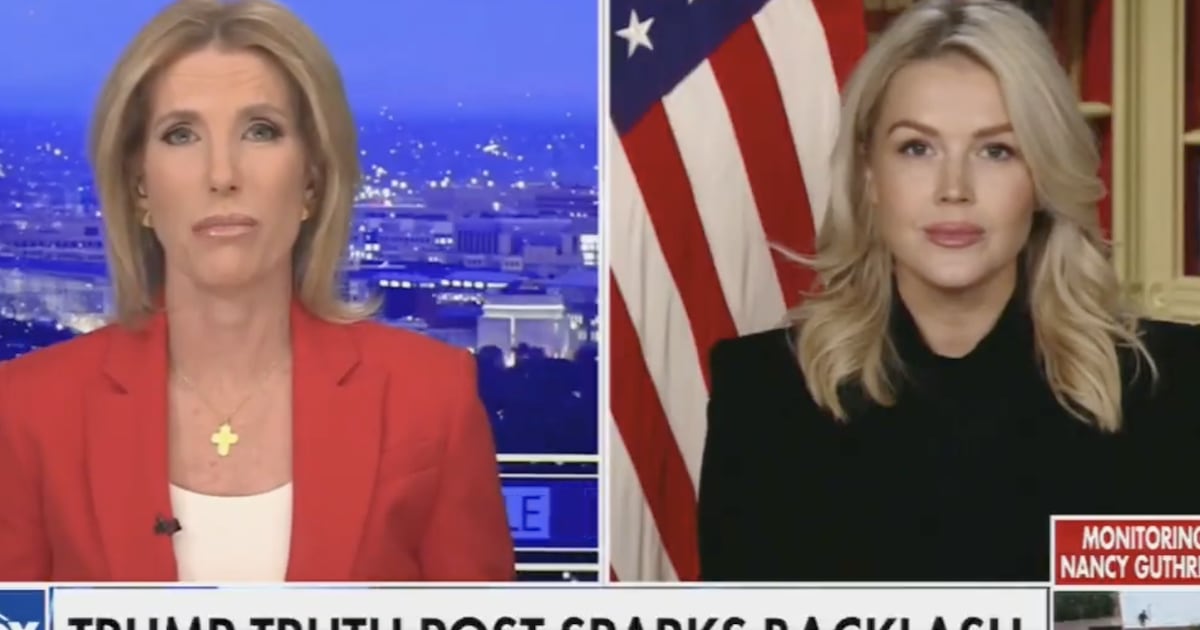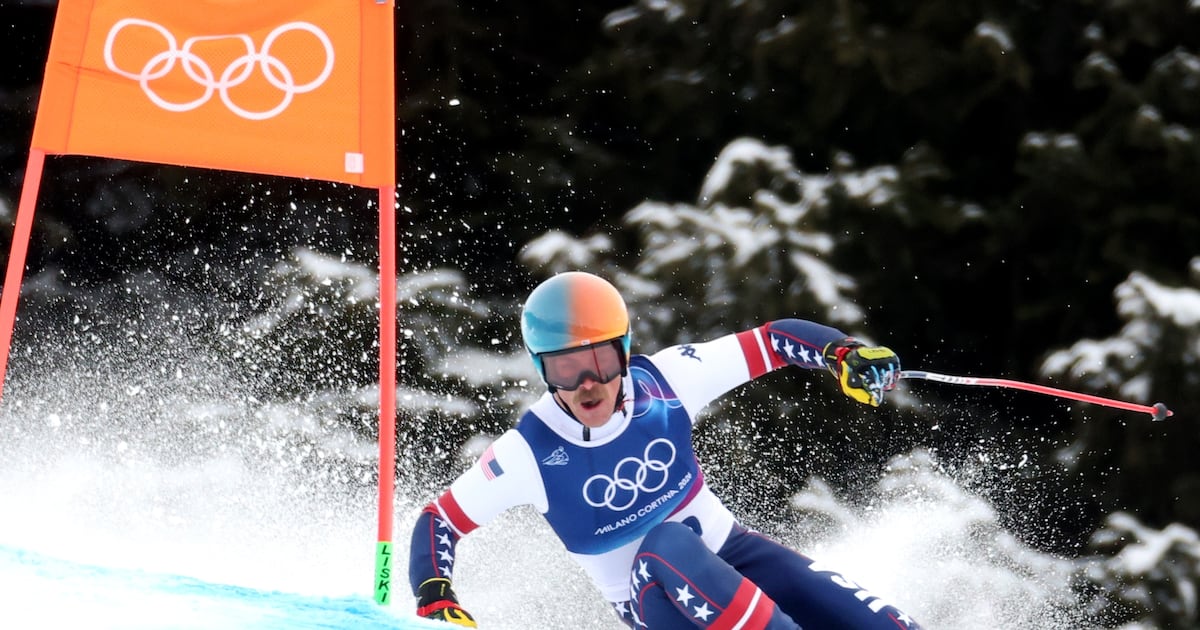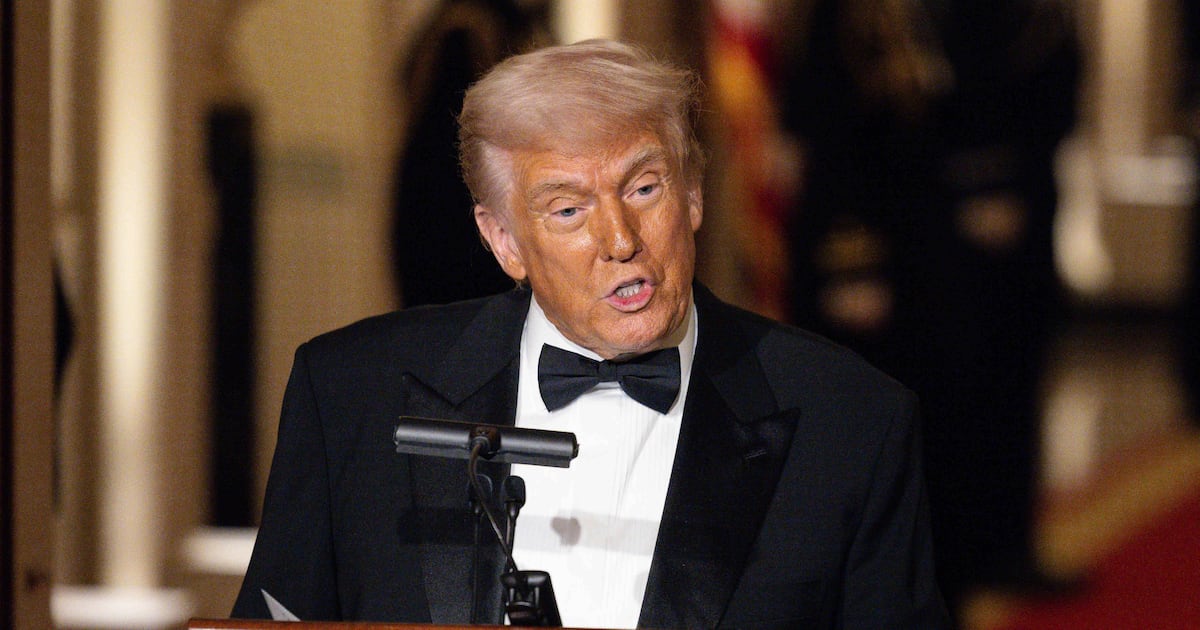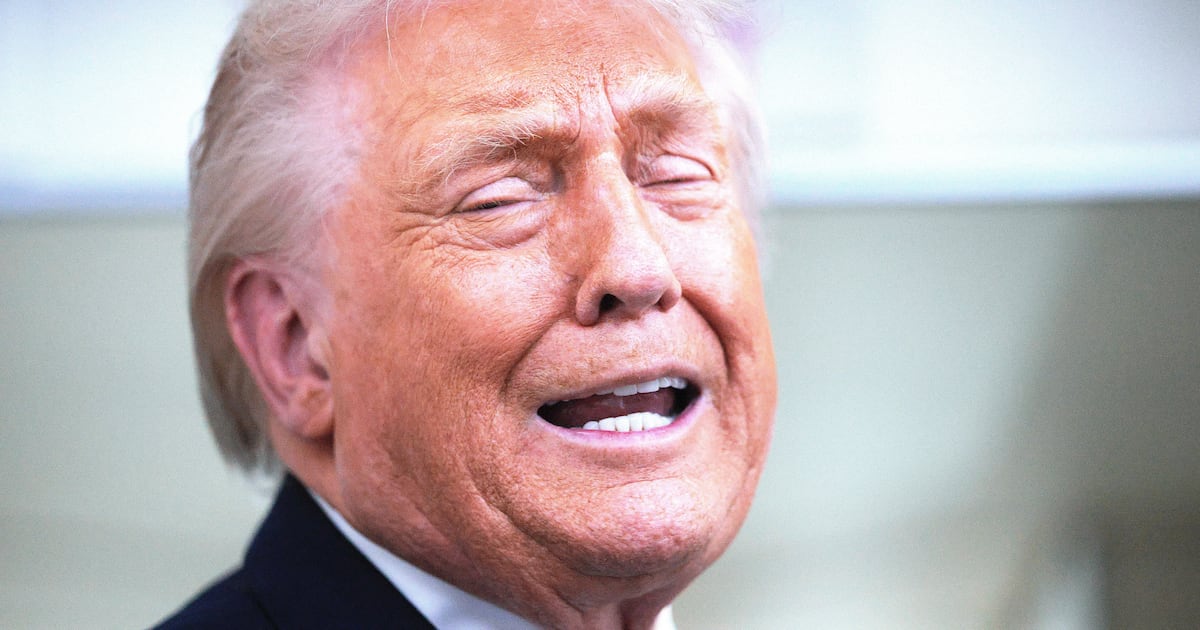On Thursday Rand Paul, dressed in his campaign uniform of bluejeans, mock turtleneck, and black blazer, paced the floor beside a "Defeat the Washington Machine" sign attached to his lectern. Sunlight peeked through a window behind him as he addressed a crowd.
“Full house in Nampa, Idaho!” Paul tweeted. An accompanying photo showed fewer than 100 people, seated in gold-rimmed chairs, watching him.
“A lot of times people ask me, ‘Why did you decide to run for office?’” he began.
It’s a question he might also be asking himself.
Nothing has gone right for Rand Paul in the last few months. His poll numbers have been in rapid decline while interest in his candidacy has waned. So this week, Paul packed up and traveled West to Alaska to try, in the words of a campaign adviser, to visit “places other Republicans aren’t going” or more specifically, places overlooked by mainstream candidates but where his father, Ron Paul, performed competitively when he ran for the nomination in 2012.
Donald Trump's ascent has meant that interest in every other candidate has been eclipsed, and all of Paul's efforts to shift the spotlight back onto himself have been unsuccessful. In July, as Trump took off, Paul dressed up like a high-school shop teacher and filmed himself setting the U.S. tax code on fire, mutilating it in a woodchopper, and destroying it with a chainsaw. Nobody seemed to care.
By the time of the first Republican debate in Cleveland, Paul was polling at around 6 percent. His strategy that night was to get people interested in him again by picking fights, first with Trump, whom Paul accused of being inauthentically conservative, and then with Chris Christie, with whom Paul debated the Patriot Act. It didn’t work.
At this time last year, Paul was the frontrunner for the Republican presidential nomination. He’s now polling within the margin of error.
On Thursday, a new Quinnipiac University poll showed that just 2 percent of Republican or Republican-leaning voters would vote for him if the primaries were held today. He was trailing 10 other candidates: Trump, Ben Carson, Jeb Bush, Ted Cruz, Marco Rubio, Scott Walker, John Kasich, Carly Fiorina, Chris Christie and Mike Huckabee.
Worse, 14 percent said they definitely would not vote for him, and 41 percent said they view him unfavorably.
Back in 2011, when Paul first entered the Senate, his mission was simple: make peace with the establishment gatekeepers like Mitch McConnell, ensure them he wasn't as fringe in his beliefs as his dad, and then perfect the delicate balance of appealing to both them and his dad’s libertarian-leaning supporters. With the support of those two camps, it seemed possible that Paul could secure the nomination.
But something went wrong: in his attempt to compromise himself enough to appeal to the McConnell’s of the party, Paul seemed to lose the qualities that made him a different and therefore exciting type of Republican in the first place. He wasn’t mainstream enough to win the support of the mainstream, and he wasn't libertarian enough to energize his dad's base. As a result, Paul is now finding himself no longer backing away from his father, but running towards him. His father recently sent out a fundraising appeal for the younger Paul, and on Rand’s Westward journey this week he visited communities where his last name might endear him to his dad’s supporters.
Paul kicked off the week in Anchorage, which is not usually a high-priority campaign stop for candidates. Asked about this, Doug Stafford, Paul’s senior adviser, replied, “People live in Alaska, Olivia. You should go there. And they have delegates to the convention. Ron did well there in 2012, and we intend to build on that for 2016.”
Ron came in third in the Alaska caucuses, but he seemed to energize the libertarian-leaning Republicans in the state. Ron zealot Russ Millette was elected chairman of the Alaska GOP in 2012 (although he was thrown out in 2013).
Before his speech in the state, Rand Paul admitted to The Washington Post’s David Weigel that he didn’t think his attacks on Trump were the cause of his decline. “I think if you look closely at the poll numbers, our numbers actually shifted south before I ever attacked him,” he said, during an interview conducted before the four-point decline evident in the new Quinnipiac poll. “We probably didn’t really go after his fake conservative-ness for probably two months. During those two months, my numbers went down, and I think my numbers have stayed the same [since].”
After Alaska, Rand traveled to other Ron Paul strongholds. He stopped in Washington State, which Ron Paul won in 2012; Wyoming, where Ron came in third; Idaho, where Ron won the straw poll with over 70 percent of the vote; and Utah, where he came in second.
But whether Rand will be able to convince his dad's supporters of his legitimacy remains to be seen. This time in August 2011, Ron Paul was averaging 9.7 percent in the polls.
Millette, who is not campaigning for Rand, told Weigel that he “doesn’t have the strength of persona that Ron does. Ron is a very deep, deep thinker when it comes to libertarian philosophy. Rand may be, too, but he doesn’t project it that well. If he gets the nomination, I would probably vote for him, I guess.”
A year ago Rand set out to broaden the appeal of his father’s ideology and create a new Republican majority. But his trip this week raises the question of whether he will even fare as well as his dad did.

